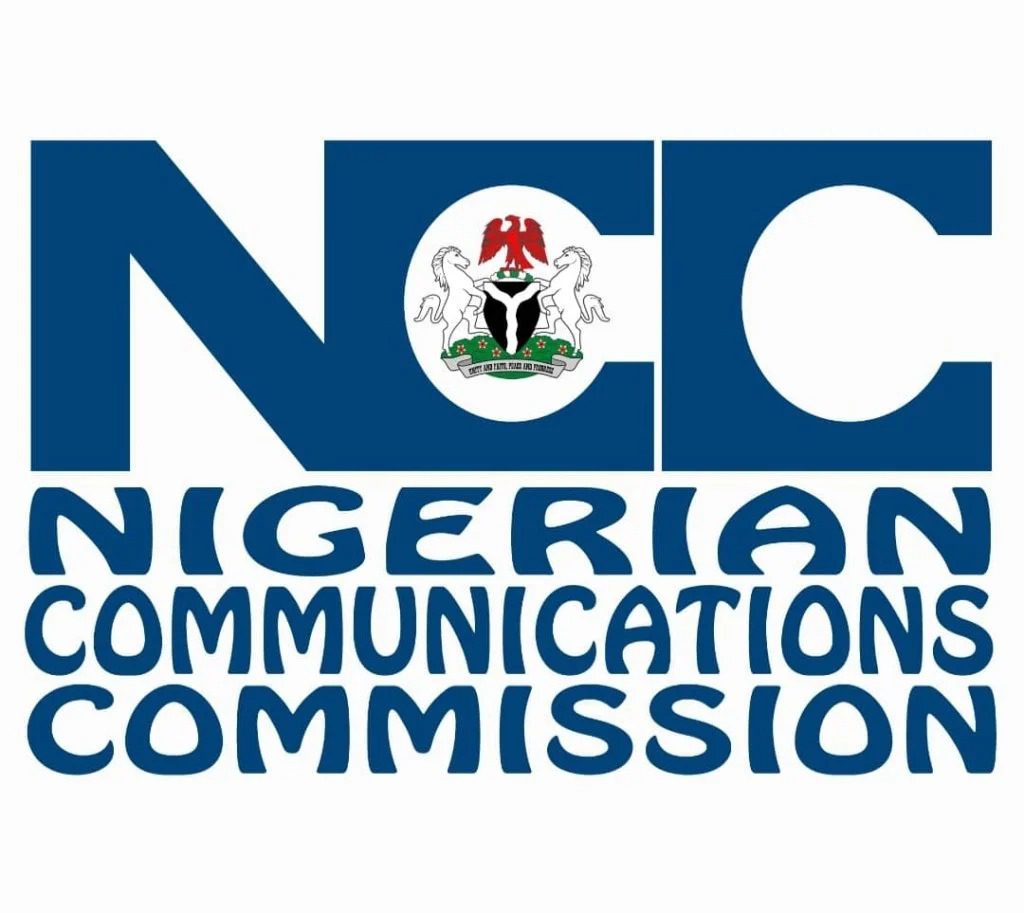The Nigerian Communications Commission stated that 5G adoption in Nigeria grew to 1.11% of all connections in January 2024.
Based on the data from its website on Tuesday, 5G showed a small increase from 1.04% in December 2023.
Despite this small increase, the overall pace of 5G growth in the country continues to be slow, highlighting the challenges of transitioning to next-generation networks.
However, the data indicated that 2G subscriptions remain dominant, comprising 57.78% of connections in January 2024.
4G subscriptions rose from 31.33% in December 2023 to 31.75% in January 2024.
In 2022, the telecom regulator granted 5G licenses to successful bidders of the 3.5GHz spectrum. Since then, a few 5G-licensed telcos have introduced their networks in Nigeria.
MTN Nigeria led the commercial launch of 5G activities in September 2022, followed by Mafab Communications and Airtel Nigeria in January and June 2023, respectively.
5G deployment has started in several major cities, including Lagos, Abuja, Port Harcourt, Ibadan, Kano, Owerri, and Maiduguri.
Experts mentioned that the low adoption of 5G in Nigeria is due to challenges such as the high cost of equipment, routers, and devices, as well as inadequate infrastructure.
The President of the Association of Telecommunication Companies of Nigeria, Tony Izuagbe, informed News Agency of Nigeria that the rollout of 5G technology requires more infrastructure and connectivity.
“There is excitement about 5G. The awareness is there, and operators are receiving numerous requests,” he said.
“However, the available infrastructure will determine if more people will shift to 5G. It depends on demand and supply,” he said.
In response to these challenges, the Nigerian government has introduced a national 5G policy aimed at ensuring effective deployment of 5G to cover major urban areas by 2025.
During the launch of the policy, the former President, Major-General Muhammadu Buhari (retd), mentioned, “The national policy includes a deployment plan to ensure that major cities across the country benefit from 5G technologies.
“It also aims to make 5G a major driver of our economy, a catalyst for smart cities in the country, and a platform for creating jobs that support our digital economy.”
The International Telecommunications Union, a specialized agency of the United Nations, recently disclosed that Africa maintains the lowest 5G coverage rate globally, standing at only 6% as of December 2023.
This is partly due to the continuing importance of older mobile technologies, particularly 2G and 3G networks, across the continent.
The ITU report highlighted the persistent reliance on 2G and 3G networks in many African countries, including Nigeria, where these technologies provide a cost-effective way of delivering essential mobile services, especially in regions without access to 4G and 5G networks.



